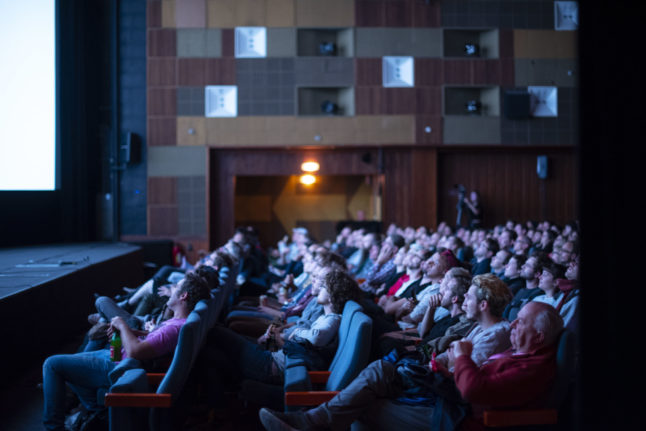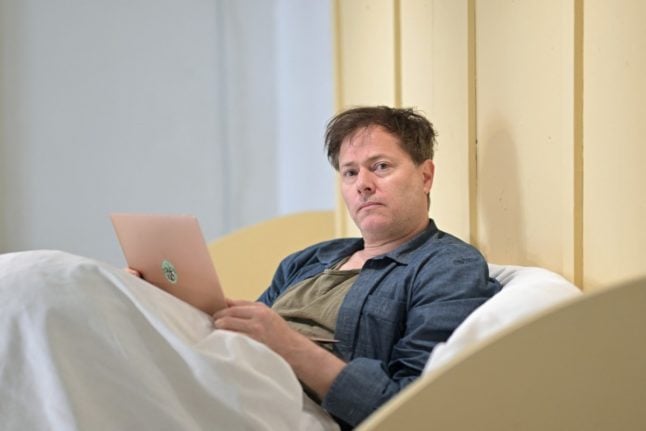What is the Viennale?
The Viennale is Vienna’s annual international film festival. It takes place every year in October and attracts around 92,000 visitors.
The first ever event was held in 1959, although it was simply known as a celebration of the most interesting films from that year. It was organised by Austrian film journalists who were tired of the domestic film scene at the time, described as a “cinematic wasteland” on the Viennale website.
FOR MEMBERS: Discover Austria: How to explore Salzburg in one weekend
In the years that followed, the event became known as the Festival of Cheerfulness with a focus on comedies, before it moved towards the format that we see today.
The Viennale is now Austria’s largest international film festival and awards several prizes at the gala closing ceremony every year.
In 2022, the event runs from October 20th to November 1st.
Venues include Gartenbaukino on Parkring, Stadtkino im Künstlerhaus on Akademiestrasse, and the Österreichische Filmmuseum on Augustinerstrasse.
What are the highlights of this year’s festival?
Retired Japanese filmmaker Kijû Yoshida is the focus of the 2022 Viennale retrospective. The special programme includes 12 films chosen by the director (all with English subtitles).
According to the festival organisers, Yoshida’s films are not well known in Europe, which makes the retrospective a unique opportunity to watch them.
READ ALSO: Caffeine, war and Freud: A history of Vienna’s iconic coffee houses
The Austrian film programme is another highlight at the Viennale and includes the internationally-awarded Vera, by Tizza Covi and Rainer Frimmel. Vera is the opening film at the festival and will also be screened at Gartenbaukino on October 21st.
The original language of Vera is Italian, but there are screenings with both English and German subtitles.
Additionally, several English language films will be screened at the festival, including Aftersun by Charlotte Wells, All the Beauty and the Bloodshed by Laura Poitras, and The Listener by Steve Buscemi.
Also, to celebrate 60 years of the Viennale, the festival organisers have created six different trailers for the 2022 event.
When and where can I buy tickets?
Presale tickets can be purchased from Saturday October 15th at 10am. They can be bought online, by phone or at the Gartenbaukino box office on Parkring.
From October 20th, tickets can also be purchased at the festival cinemas. A wait list will be in place for sold out screenings.
READ NEXT: Vienna: How to get up to €1,000 to buy a cargo bike
For online ticket sales, you have to register in advance at the festival website, viennale.at.
A single tickets costs €9.50 and there is a special rate of €6.50 for student daytime tickets.
A free pocket guide with the entire festival programme can be picked up from Metro Kinokulturhaus at Johannesgasse, Karlplatz or Stadtpark.
Are there any Covid rules?
For the past two years, the Viennale has been impacted by the Covid-19 pandemic.
First, the festival took place in a smaller form in 2020, and then in 2021 there were several restrictions to comply with.
This year, the process is almost back to normal with organisers simply recommending festival-goers to wear an FFP2 mask.
However, the website does say to double check the rules before attending a screening in case there have been any changes.



 Please whitelist us to continue reading.
Please whitelist us to continue reading.
Member comments